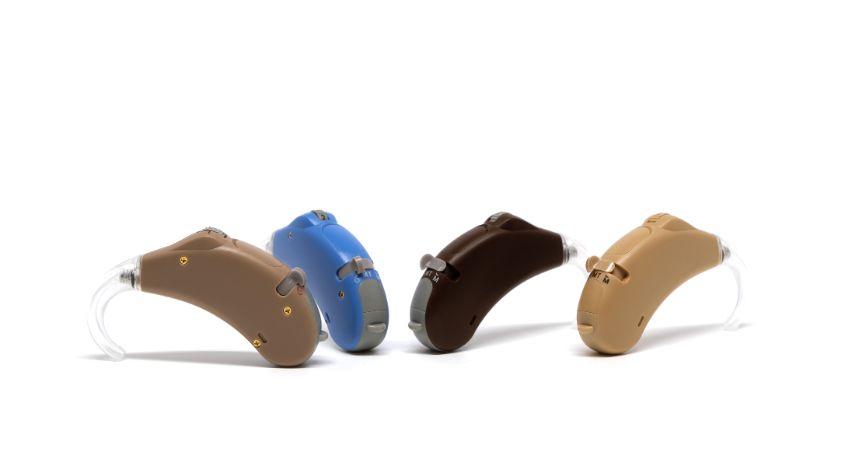Artificial Intelligence (AI) is the buzzword of industries globally. This technology is all about writing computer programs for various device applications. Most manufacturing sectors and industries adopt this technology, like washing machines, vacuum cleaners, and dishwashers.
Its application in healthcare cannot be rated low. It is widely used in precision medicine, drug discovery, AI-assisted robotic surgery, clinical diagnosis, and even in keeping well or welfare of patients.In ENT, they are also trying to leverage the natural link between machine hearing and biological hearing. This will help to surmount the challenges faced by researchers in this field. Once this is done, there will be significant progress in the hearing healthcare industry of top hearing aid brands in India.
The current progress in AI has been helping the hearing impaired with hearing aids powered by artificial intelligence. Hearing aid manufacturers and hearing aid stores have started bringing out more hearing aid models based on artificial intelligence. Some of the models create hearing programs based on a patient’s environment, some are based on the level of impairment, and many more are based on the user’s preferences.
This tool can accomplish tasks akin to human intelligence – recognizing speech, translation, and decision-making. It even helps predict the amount of speech audible to a patient with a specific hearing loss. This AI figure can vary from 0-to 1. It represents the average speech signal that is audible. In the hearing aid industry, AI technology has assumed a central role and has become the focus of research, and it seems to be the future of it too.
Ease of use and technological breakthrough has enhanced the future of the users of hearing aids powered by AI. Some of the AI features include hearing aids that can be trained, and own voice can also be used. This helps to program a hearing aid based on the present environment automatically. It is said that with AI algorithms such as DNN (Deep Neural Network) and CNN (Convoluted Neural Network) brain controlled hearing aids are being developed.
These AI algorithms-based hearing aids, which use complex processing, can decide what one wishes to hear as they can learn the user’s hearing preferences. Some higher applications of AI include auditory attention decoding (ADD). These are brain-controlled hearing aids that can even track the listener’s brainwaves and decide which speaker the listener is attending to. The device will automatically extract the speaker from a mixed audio source and amplify the attended speaker relative to others to facilitate hearing that particular speaker in a crowd. But these models are not very successful, and researchers are trying their best to combat the challenges.
On the cards in this field is language translation, tracking physical and mental health, and sense falls. If fitted with motion sensors, AI-based hearing aids can detect falls and convey them as alerts to caretakers or family members. AI has therefore instilled a lot of hope in the world of the hearing impaired.
